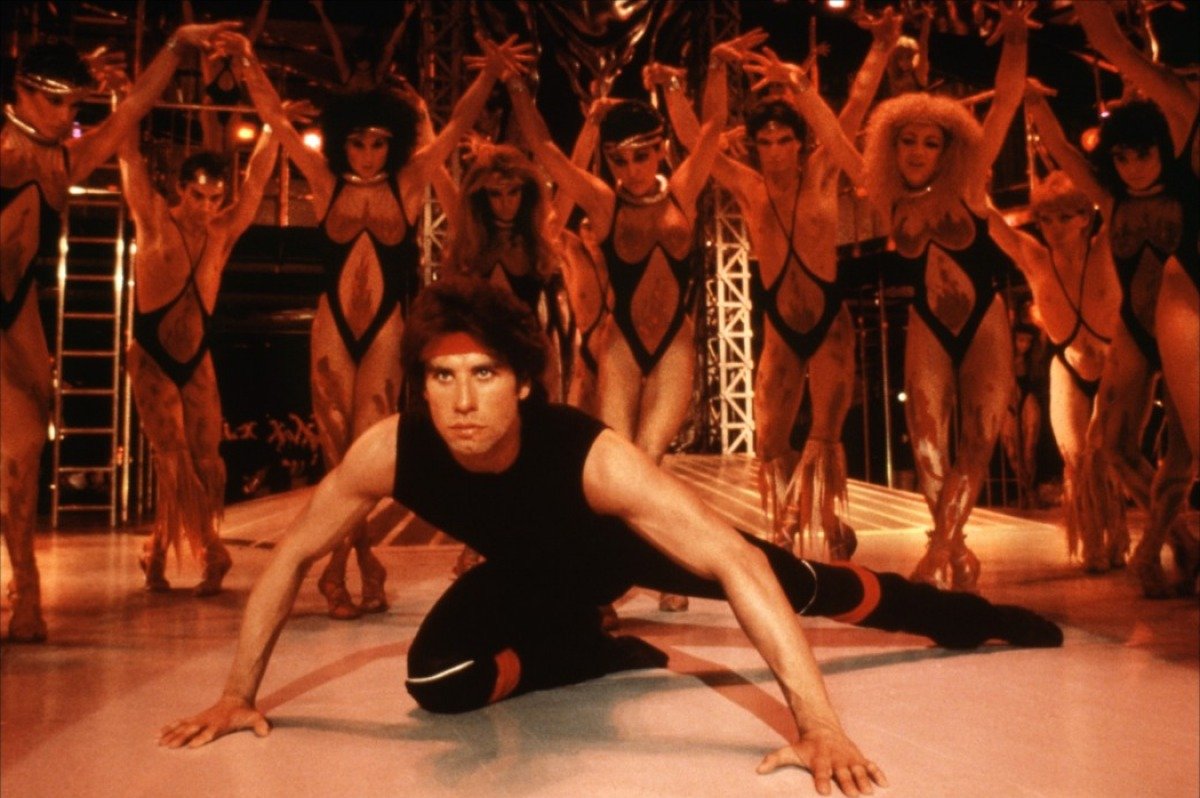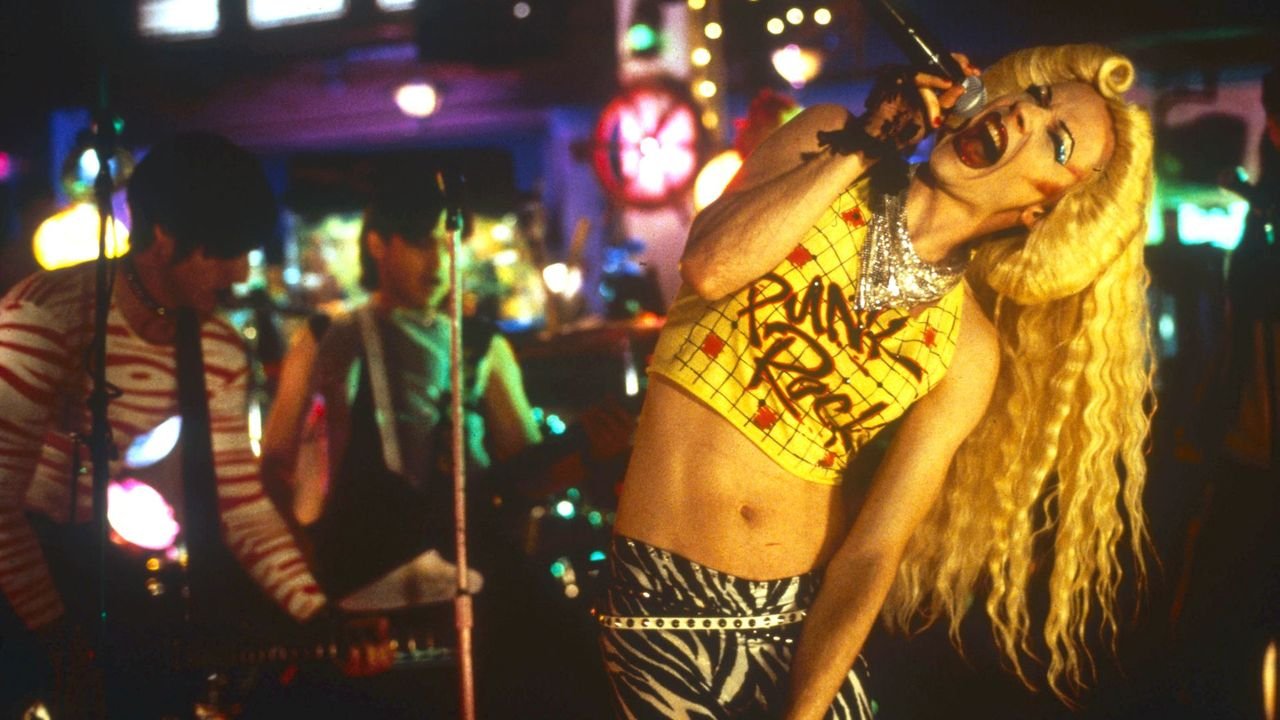7 Great Movie Musicals You Might Have Missed
Written & Curated by Isaac Bauman
Intro written by Nolwen Cifuentes
The movie musical landscape is experiencing a vibrant renaissance, with various productions emerging in recent years. From the surreal musical drama Emilia Pérez to the psychological musical Joker: Folie à Deux, and the highly anticipated Wicked adaptation, filmmakers are pushing the boundaries of traditional musical storytelling.
In light of this resurgence, we've curated a list of seven musical movies that may have flown under your radar. You won't find classics like The Sound of Music or Singin' in the Rain here; instead, we're shining a spotlight on lesser-known gems that bring their own unique flair to the genre. These films range from campy cult favorites to groundbreaking narratives, each bursting with infectious music and storytelling.
Our selection spans decades and subgenres, showcasing the versatility and enduring appeal of musical cinema. From rock operas to hip-hop narratives, these films demonstrate that the musical format can be a powerful vehicle for exploring complex themes and pushing boundaries. Whether you're a die-hard musical fan or a curious newcomer, this list offers a fresh perspective on the genre's history and exciting future.
Phantom of the Paradise (1974)
Phantom of the Paradise, directed by Brian De Palma, is a unique blend of horror, rock opera, and sharp satire of the music industry. The story reimagines classic tales like The Phantom of the Opera and Faust, presenting a disfigured composer who sells his soul for love, only to be betrayed by a corrupt record producer. This film stands out for its visually stunning cinematography and memorable musical numbers composed by Paul Williams, which, despite being somewhat dated, remain impactful and catchy. De Palma’s direction showcases a playful yet critical view of fame and artistic integrity, making it not only entertaining but also thought-provoking.
Despite its initial commercial failure, the film has gained a cult following due to its innovative approach to storytelling through music and its satirical take on the commercialization of art. The film's unique blend of genres and its exploration of artistic integrity versus exploitation make it a compelling watch for anyone interested in the evolution of musical cinema and the cultural landscape of the 1970s.
The Wiz (1978)
The Wiz is a vibrant celebration of Black culture and music, offering a unique reinterpretation of The Wizard of Oz. The film and stage adaptations blend disco, Motown, and R&B influences with dazzling choreography and costumes, creating a joyful and visually stunning experience.
It holds historical significance as a landmark of Black creativity, featuring iconic performances from stars like Diana Ross and Michael Jackson in the 1978 film, while also showcasing themes of empowerment and community. Despite some critiques of its execution, The Wiz remains beloved for its music, energy, and cultural resonance, making it a timeless piece of musical theater history.
Xanadu (1980)
Xanadu bridges the gap between classic Hollywood musicals and 1980s pop culture, offering viewers a delightfully campy and energetic experience. The film stands out for its ambitious blend of styles, featuring Olivia Newton-John as a Greek muse who inspires a roller disco dream, accompanied by an incredible soundtrack from Electric Light Orchestra.
Despite its quirks and occasionally bizarre narrative, the movie captures a genuine spirit of creativity and optimism, with impressive choreography, memorable musical numbers, and the legendary Gene Kelly in his final film role. Its unfiltered commitment to its wild concept, combined with vibrant neon aesthetics and enthusiastic performances, makes Xanadu a cult musical that embraces its own unique, over-the-top charm.
Staying Alive (1983)
Staying Alive, notably directed by Sylvester Stallone, is a direct sequel to and set six years after Saturday Night Fever. The film showcases Tony’s struggles as he pursues a career on Broadway, highlighting his growth from a self-centered disco dancer to a more mature individual facing the challenges of adulthood and ambition.
The film features impressive dance sequences that emphasize Travolta’s physical prowess and charisma, making it a visual treat for fans of dance and performance. Despite its critical reception, which includes a 0% rating on Rotten Tomatoes, many viewers appreciate the film for its nostalgic value and as a representation of 1980s culture, offering an entertaining experience that contrasts with the darker tones of its predecessor. Also, the finale’s dance number is an erotic, psychedelic, mind-blowing jaw-dropper. Not to be missed!
Krush Groove (1985)
Krush Groove is a pivotal musical film that captures the nascent stages of hip-hop culture, offering a unique snapshot of the genre’s early evolution in the mid-1980s. The movie is worth watching because it features authentic performances by pioneering hip-hop artists like Run-DMC, LL Cool J, Kurtis Blow, and the Beastie Boys, essentially serving as a living time capsule of rap’s breakthrough moment.
Beyond its historical significance, the film provides an energetic portrayal of the burgeoning New York City hip-hop scene, blending semi-fictional storytelling with real musical performances that showcase the raw talent and emerging style of artists who would go on to define the genre. Its soundtrack, which includes iconic tracks like LL Cool J’s I Can’t Live Without My Radio and represents a diverse range of musical styles, further solidifies the film’s importance as a cultural artifact that documents hip-hop’s transition from underground movement to mainstream recognition.
Velvet Goldmine (1998)
Velvet Goldmine is a compelling cinematic exploration of glam rock that transcends traditional musical storytelling, offering a vibrant and complex narrative about artistic identity and sexual expression. The film uniquely captures the ecstasy of music through its innovative storytelling, featuring an extraordinary soundtrack that blends original compositions and covers by artists like Radiohead, Pulp, and Teenage Fanclub, which authentically recreate the glam rock era.
Director Todd Haynes crafts a quasi-biographical narrative loosely inspired by David Bowie’s life, using a Citizen Kane-like structure to deconstruct the mythology of rock stardom while celebrating the sexual fluidity and creative liberation of 1970s glam rock. The movie is less about literal biography and more about capturing the transformative power of music, presenting a visual and auditory feast that explores how musical icons inspire personal identity and challenge societal norms.
This is one of Isaac’s favorite films ever.
Hedwig and the Angry Inch (2001)
Hedwig and the Angry Inch is a unique blend of rock music, gender identity exploration, and emotional depth. The film, adapted from an off-Broadway rock musical, tells the story of Hedwig Robinson, a genderqueer rock singer from East Berlin who undergoes a botched sex change operation. This narrative serves as a powerful metaphor for Hedwig’s struggle with identity and self-acceptance, themes that resonate deeply within LGBTQ+ culture.
The music, composed by Stephen Trask, is a standout aspect of the film, drawing inspiration from 1970s glam rock icons like David Bowie and Lou Reed, while also incorporating punk rock elements that reflect Hedwig’s internal conflicts. Moreover, the film’s non-linear narrative and its ability to oscillate between humor and poignant moments make it an engaging experience that challenges traditional musical formats. John Cameron Mitchell’s performance as Hedwig is both captivating and heartfelt, bringing to life a character who defies societal norms and seeks personal liberation through art.
✦







